Digital 52 2️⃣4️⃣ - Lottozero: The journey of a fashion-focused multipurpose space thriving out of a second-tier city.

Join us today on a journey to Prato, a city in Tuscany, Italy, that boasts a long-standing reputation for its strong textile industry. What’s there? A textile lab/coworking space/events space that keeps on supporting young fashion designers from Italy and beyond: Lottozero.
Niche Communities - Reviving Buildings - Positive Impact]
Read the full story of Lottozero on page 230 of “Around The World in 250 Coworking Spaces”.
“What is the positive impact of collaborative workspaces?” is a very important question to us. It’s actually the one that kickstarted our entire journey around the world of coworking and collaborative workspaces. And while we visited over 500 spaces by now, each and every time we discover a new space, its local positive impact does not cease to amaze us. Lottozero, the space you are about to discover, is a perfect illustration of it all. Why? Because a lot of the components of their concept seemed to be difficult challenges to tackle:
- Rather niche: they focus on Fashion professionals
- Located in a second-tier city: Prato, in Italy
- Tackling a challenge centered around the future of textiles and fashion.
Yet, the duo you are about to meet didn’t get stopped by any of this. Maybe quite the opposite. Since its inception, Lottozero has developed an environment and an ecosystem that has become an essential part of many young designers’ career paths. How did it all happen? Keep reading to find out.
➡️ A little refresher
Who’s behind the featured space?
Meet Tessa and Arianna Moroder.
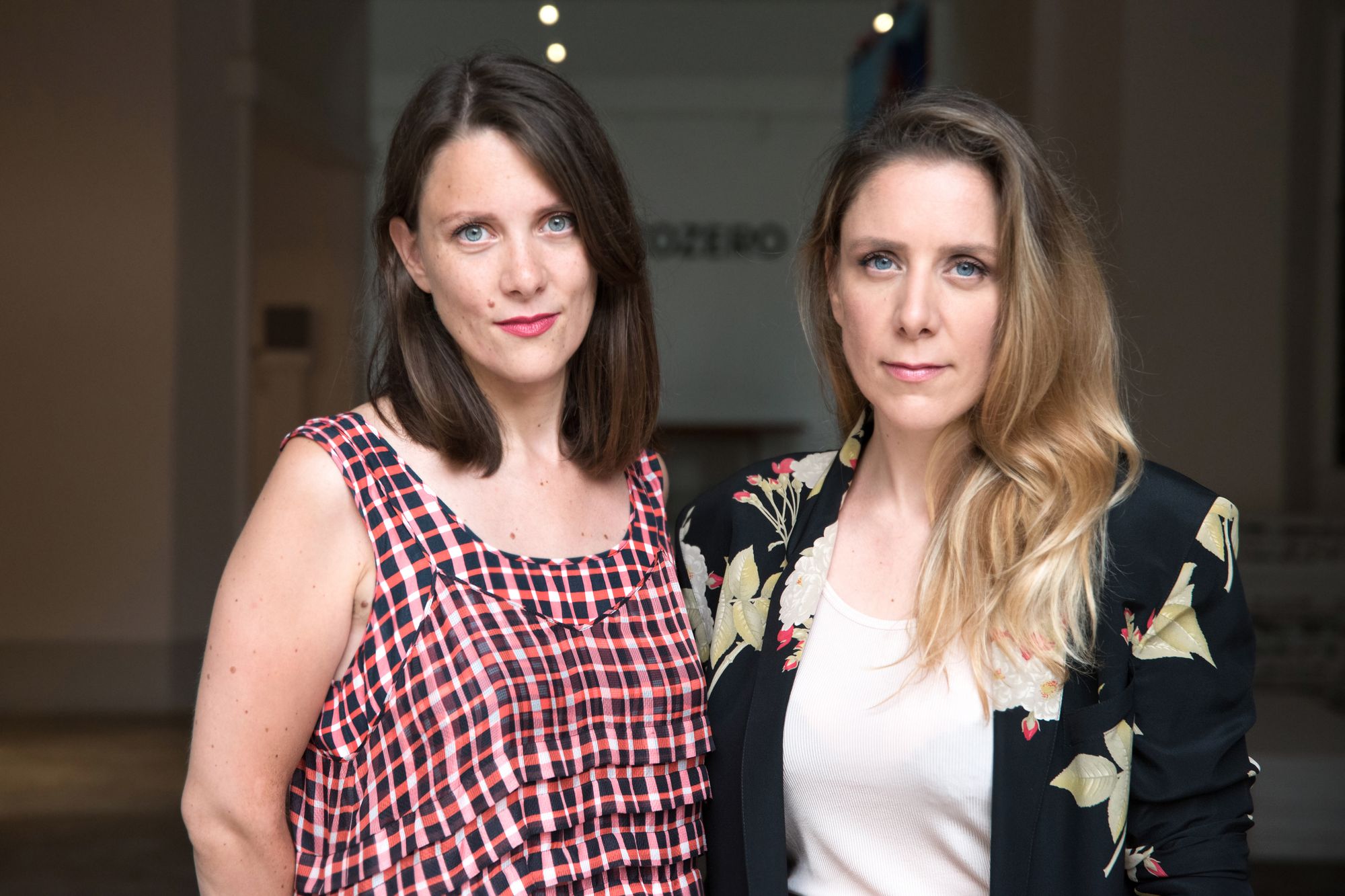
After relocating from Berlin to Italy, Arianna noticed a lack of adequate workspace for young creatives in the fashion and textiles industry to freely explore their craft. She shared her vision with her sister, Tessa, to establish a creative hub catering to their needs. Tessa loved it, so they made it.
➡️ Key Figures
- Opening year: 2016
- Size when they started: 400 sqm
- Size today: same
➡️ A little tour around Lottozero
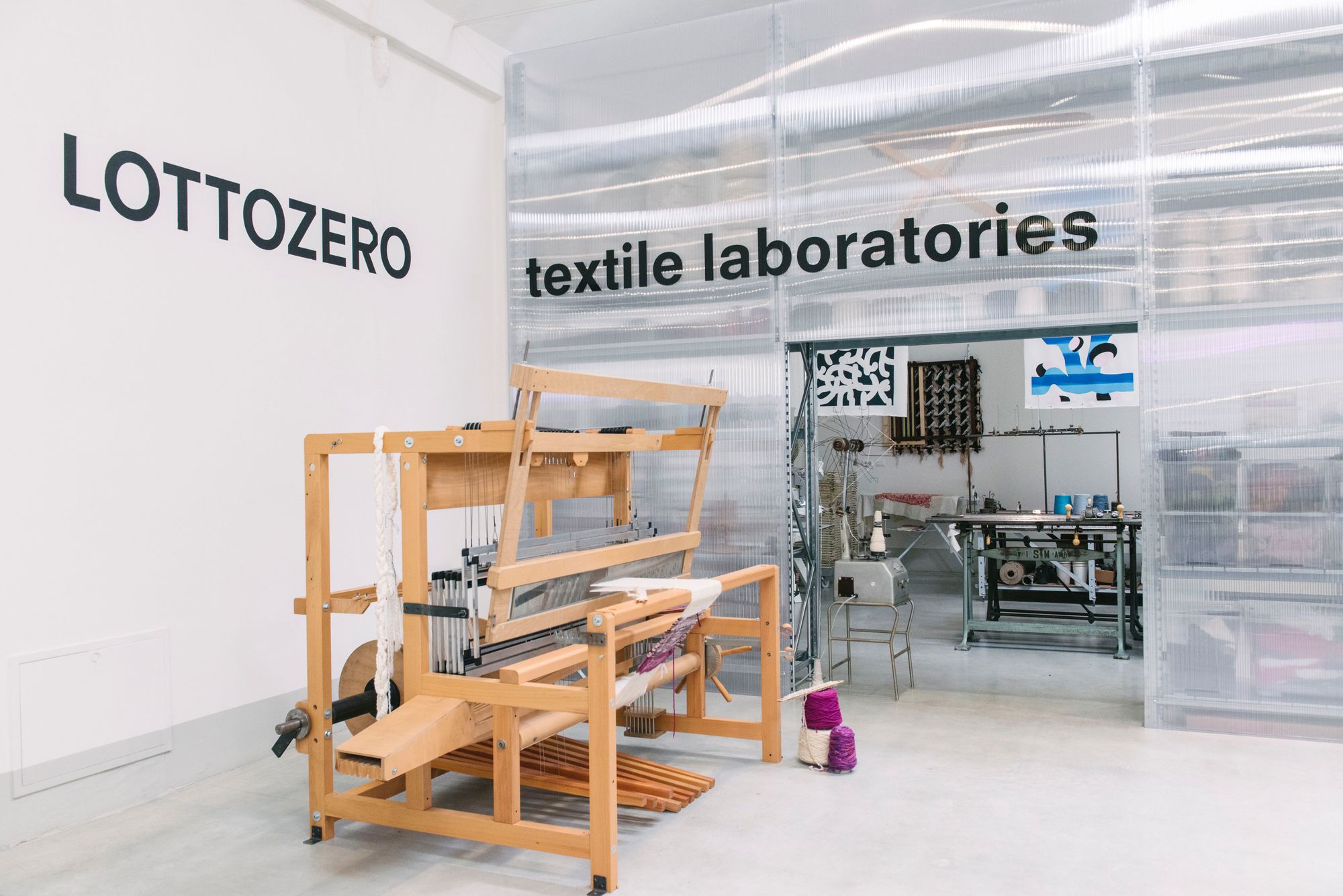
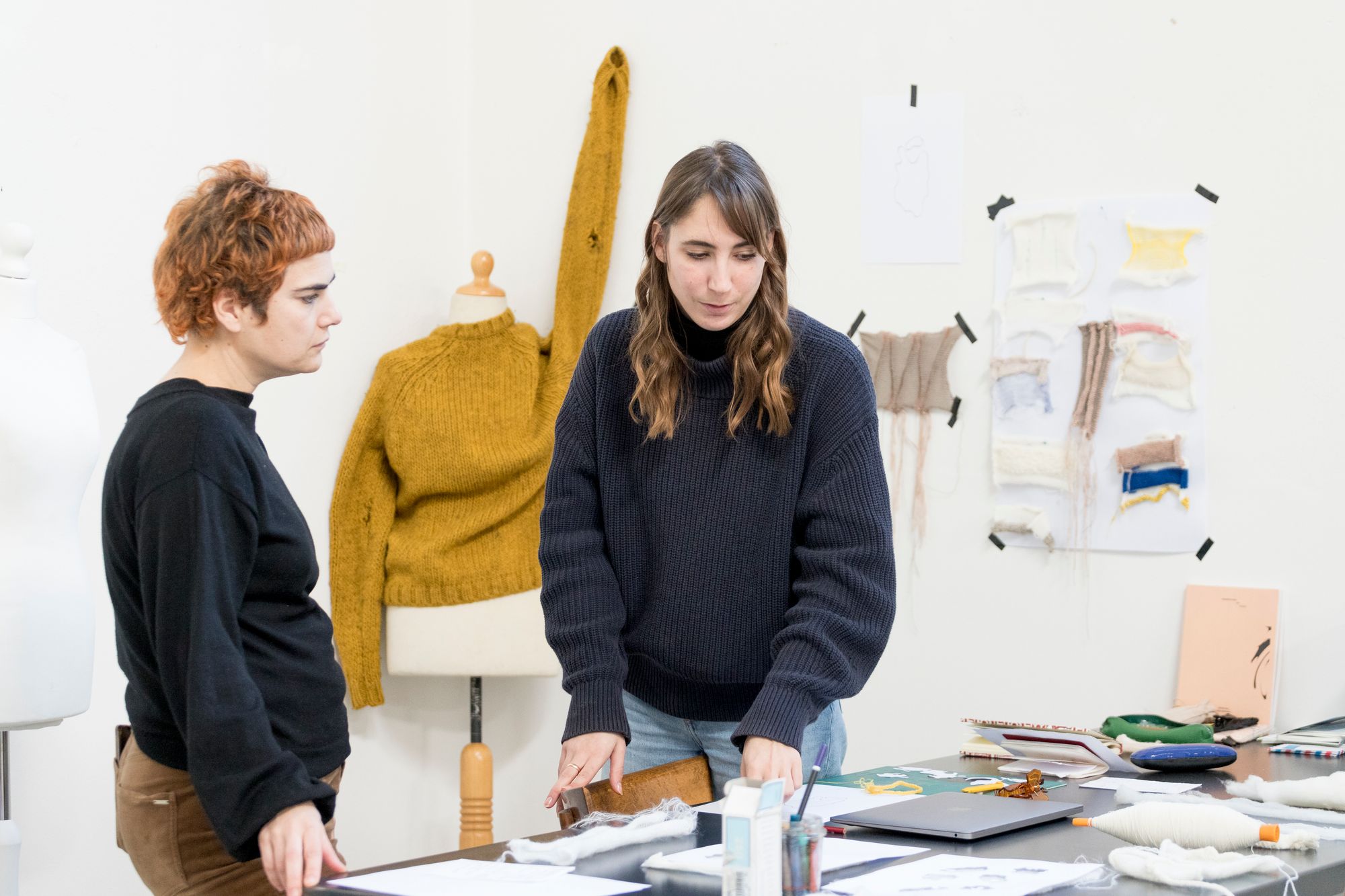
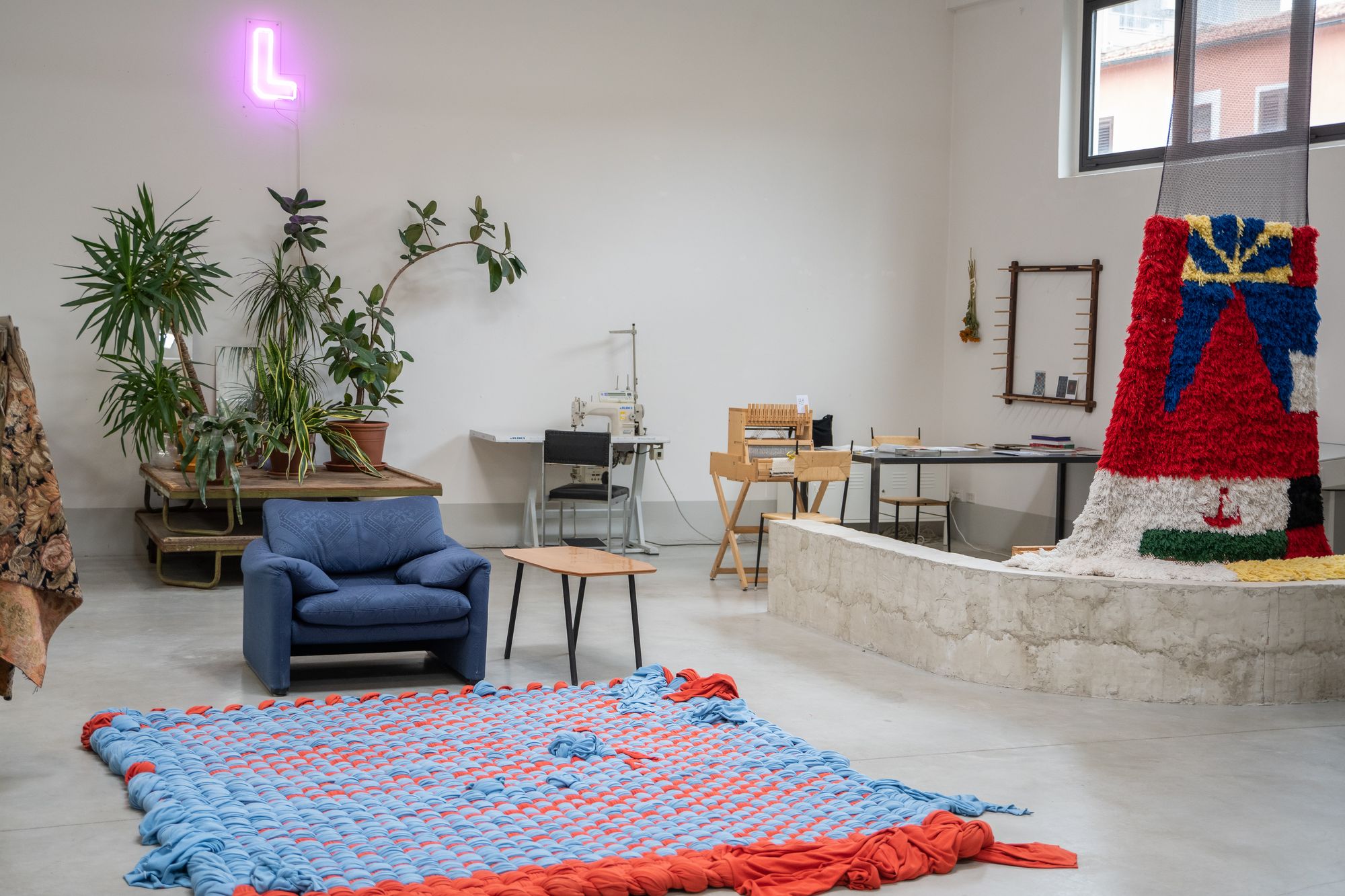
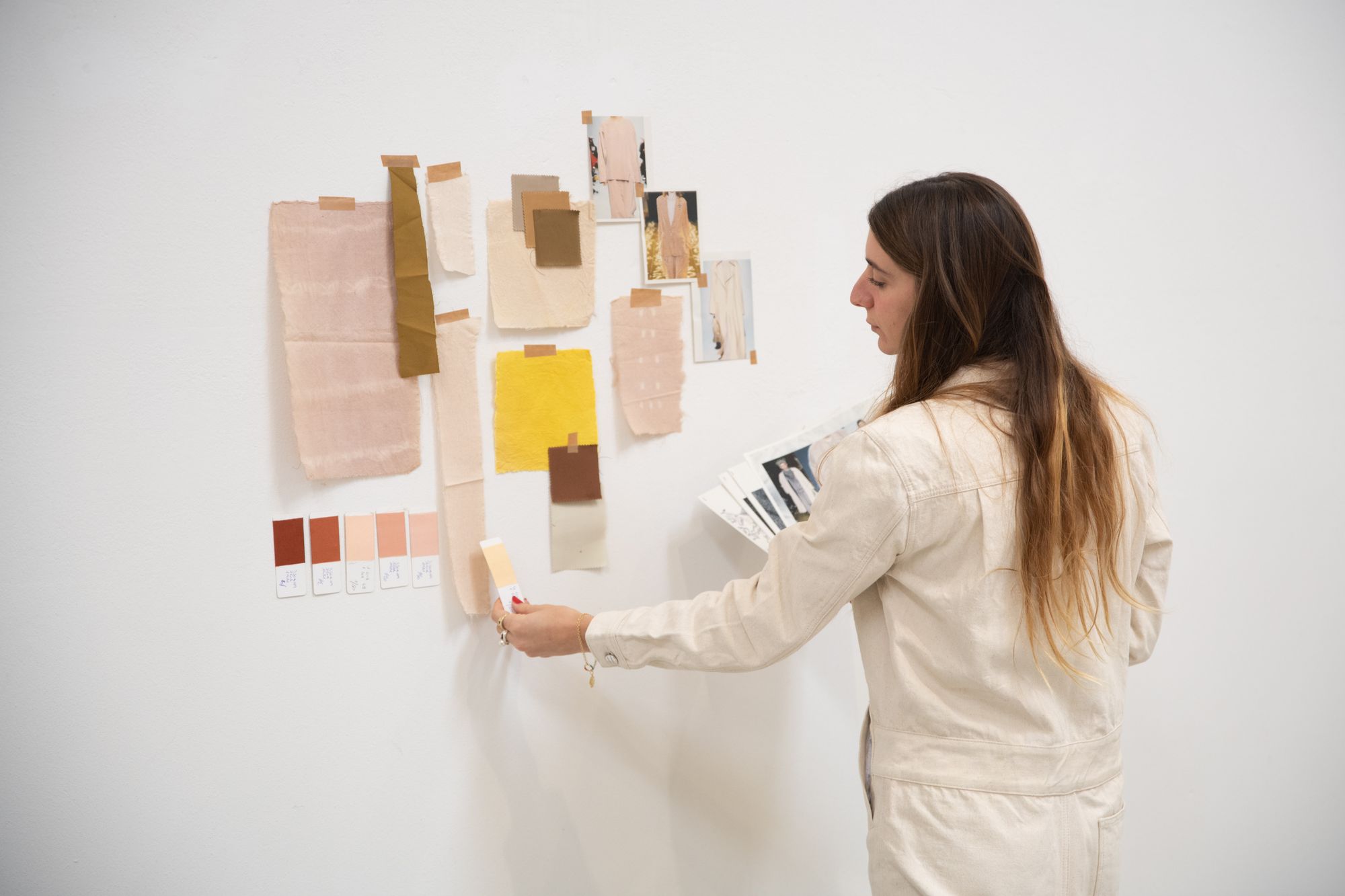
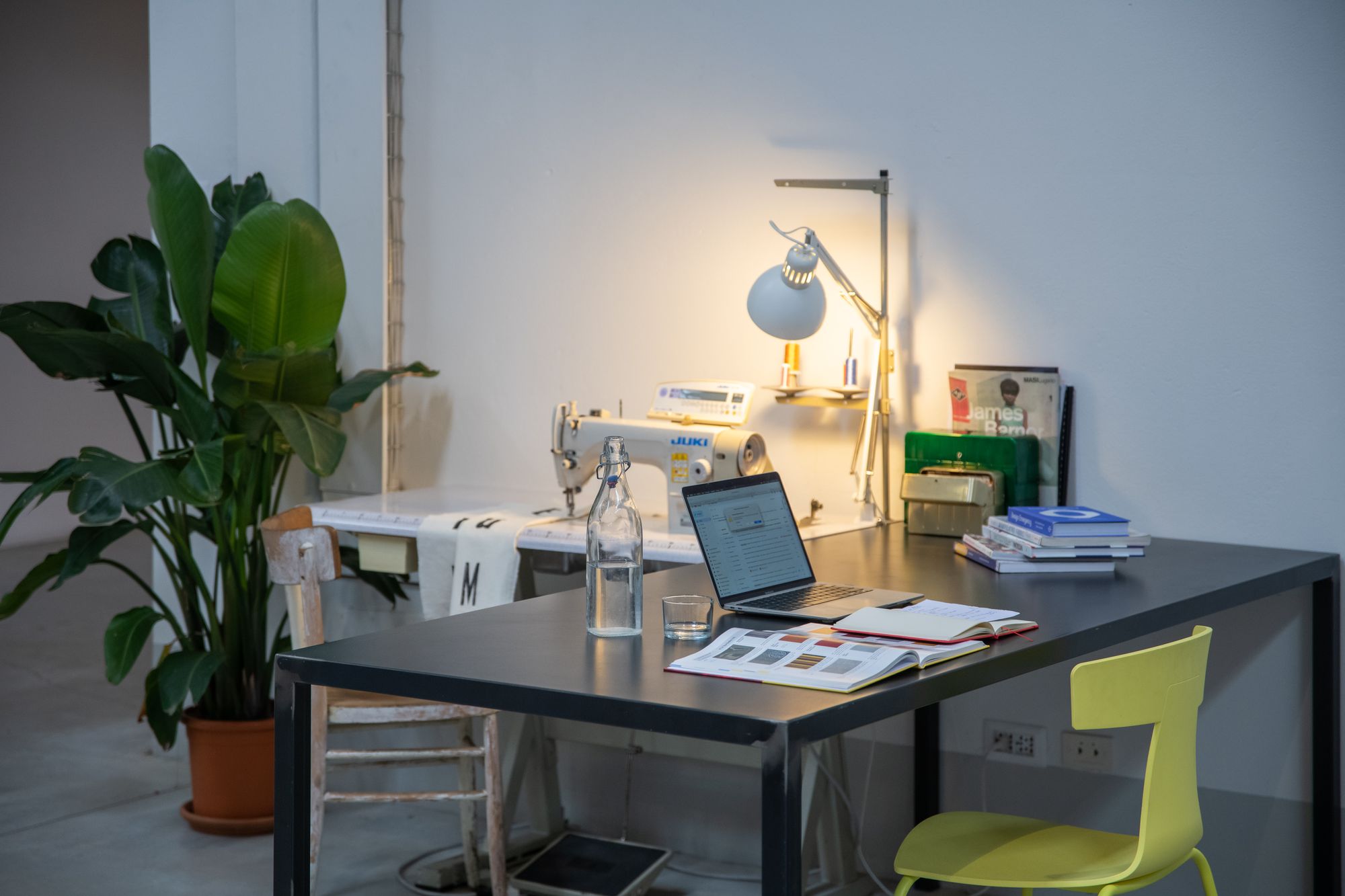
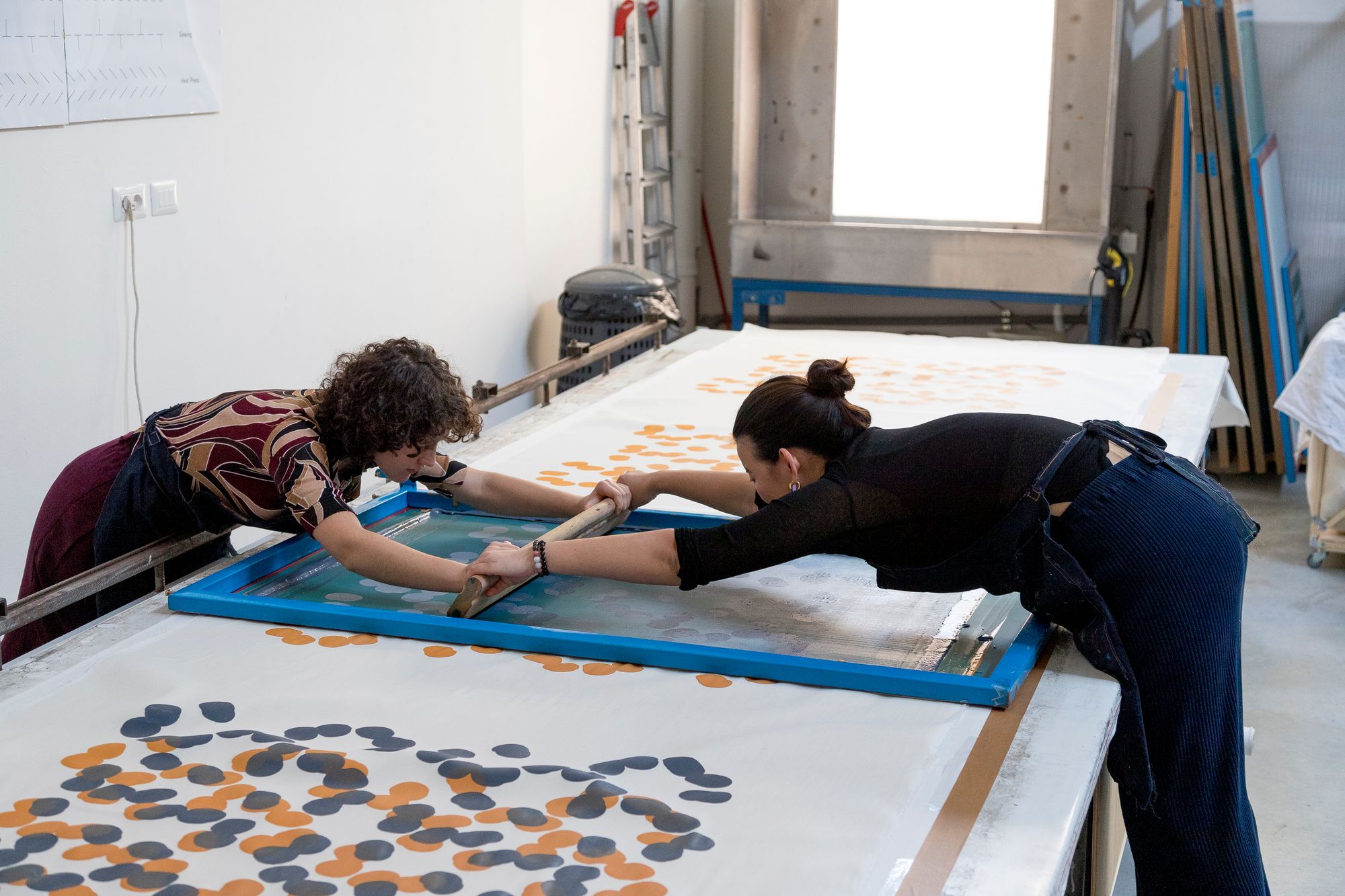
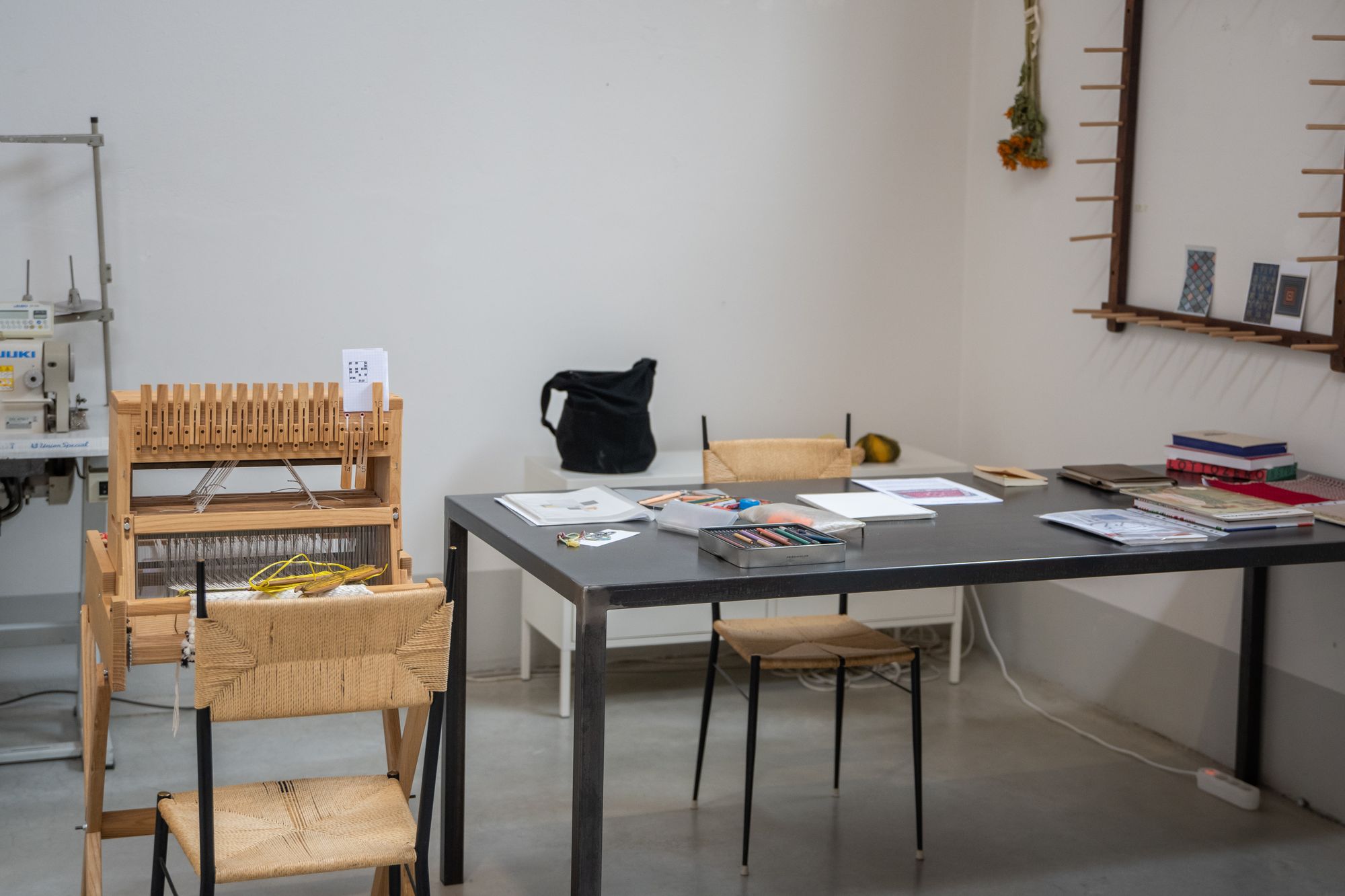
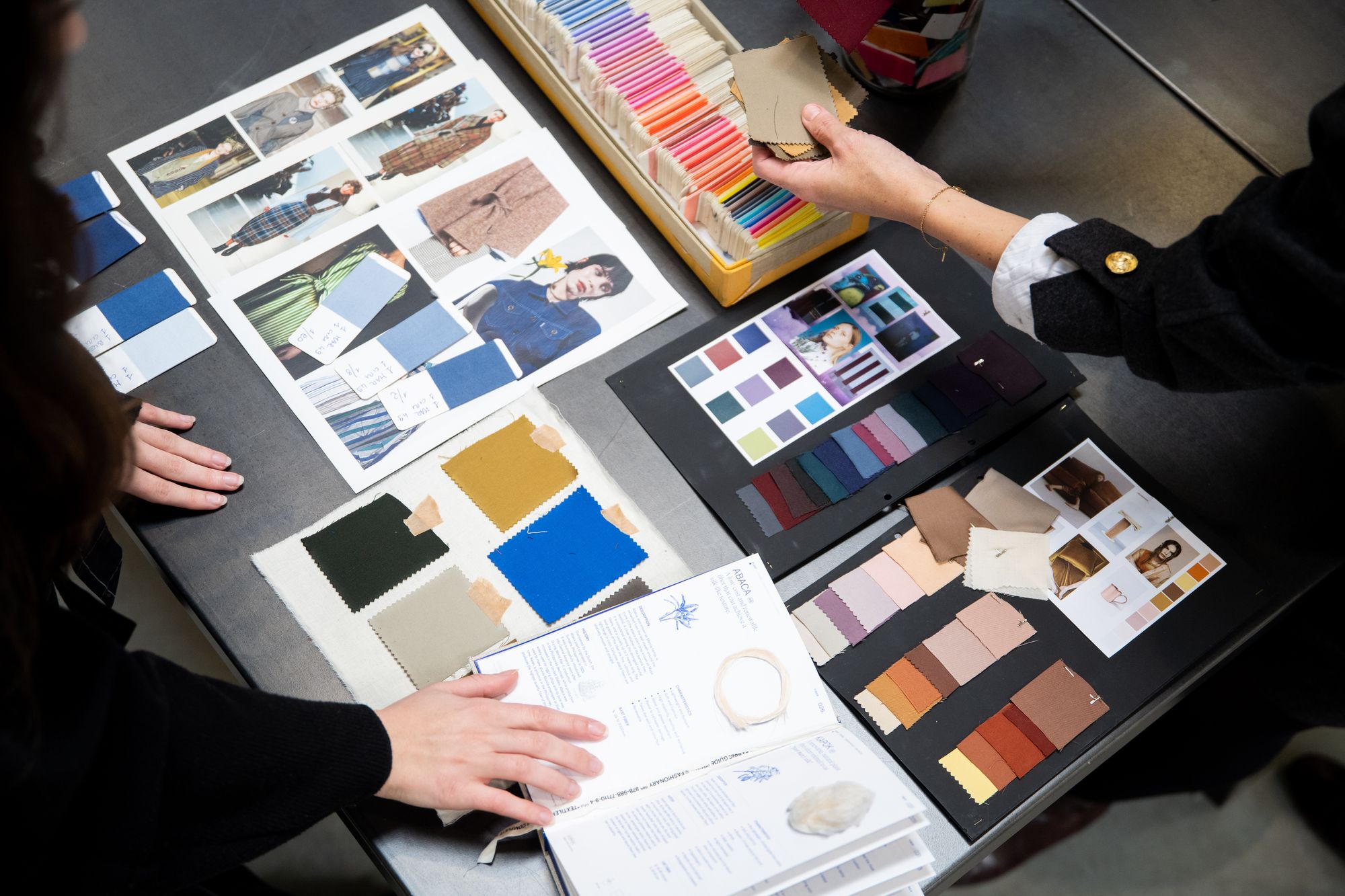
➡️ Behind-the-scenes
Things you didn't read in aw250cs.
We're at the forefront of rethinking the whole fashion and textile economic system, which may sound crazy, but we're committed to it.
Tessa Moroder, Co/Founder and CEO at Lottozero
➡️ Lottozero Today
What does life look like today at Lottozero? As you are about to discover from our following up conversation with Tessa, many things have moved, but their mission and purpose remain.
💫 A great team for a greater impact
We’ve talked about this already in Digital52 17 team is everything. Lottozero just welcomed a ‘new’ team member, who’s already made a whole difference in their path to building a bigger positive impact and reaching their overall mission.
Running a community-driven space is a wonderful experience as it allows for the flexibility of adapting to the ever-changing needs of the community. The space can be used in a variety of ways, and the specific utilization may evolve over time, depending on the people within the community. Since the outbreak of the pandemic, Lottozero has observed a heightened interest in one particular aspect of their multipurpose space. This increased interest has inspired them to explore new areas of development with an even stronger tie to their core know-how. Scroll down to read more.
💬 I’d like to start by asking you: what’s new at Lottozero since September 2021?
(the month the book was released)
Our biggest and most recent development is the addition of a new team member, Federica Valley. Federica used to be an intern at Lottozero many years ago. When we opened the new position of Lotto Lab manager, she applied and proved to be the most suitable person for the job. Since joining us late last year, she has had a positive impact on the way we work and our lab's productivity. We are thrilled to have her on board.
In addition to this, we have completed a major project that we had been working on since 2017. The project involved using raw European wool, which is often wasted, and turning it into carpets with the help of a company in Belgium. We have finalized the product, and it is now almost ready for production. We have also invested in new machinery, and the lab has grown significantly, with the lab work taking precedence over coworking.
💬 What’s the biggest change the pandemic has brought to your space?
We were fortunate that the pandemic did not affect us as severely as it did many other companies we work with or our friends. Early on in the pandemic, we were able to move many of our projects online, and the results were very successful. For example, we had planned to hold two large events in Florence and Milan to promote our young designer brands, which use our space or that we sell. Unfortunately, we had to cancel these events. However, we were able to use the funding from these projects to create an online directory for these brands.
We now have a separate website called Lottozero Directory, which features over 130 Italian sustainable brands, and it is constantly growing. Since 2020, we have been doing more and more projects with them. Another project that was born out of necessity during the pandemic was the need to move our exhibition activities online. We started collaborating with museums, specifically the Textile Museum in Tilbury, the Textile Museum in Poland, and the Textile Center for Textile Heritage in Art in Hong Kong. We created a project called Textile Culture Net, where we create online exhibitions, and this project was recently funded by Creative Europe. We won a small-scale Creative Europe project, and we will continue it in the future. It is becoming more diverse, more effective, and more successful.
Another significant change is that while our coworking requests have decreased dramatically, our residency requests have almost tripled. More people are coming to work with us for short, limited periods of time.
💬 Lottozero is a multipurpose space. Can you talk to us about the different components that make Lottozero what it is? Also, how are all those components supporting your overall mission?
Our mission is to support and create a fertile environment for textile research, and experimentation in design and art, and establish an international network in the textile sector.
When you mention that it's a multipurpose space, yes, we started as one. Over the years, we've evolved to become a creative hub, with coworking, lab, and exhibition spaces being our main components. The pandemic has limited the coworking and exhibition spaces more than the lab due to the specific machinery we have in the lab. These machines cannot be brought home, so everything related to our specific know-how, skills, and machinery has grown incredibly and become the main pillar supporting our mission.
Despite the pandemic, we are still offering desk space, and we are starting a campaign to fill up the remaining empty desks with nice pictures. People are looking to stabilize in common spaces as they are tired of being at home, and we are looking to repopulate the area as well.
In summary, everything strictly tied to our know-how is what is going strong at the moment.
💬 You are located in Prato, which is a city close to Florence. Has the location of your space ever been a challenge?
Absolutely. Our location is both a challenge and a gift because we could not exist anywhere else but in Prato. Prato is a textile district with over 8000 companies still working in the textile and fashion sector, and all related sectors including students. We rely on what we call a diffuse lab, which is made up of our industry partners and connections. We take advantage of this network to complement our own lab.
Being in a less centralized area does affect our business in some ways. Unlike spaces in bigger cities, our place is not a walk-in walk-out place. People have to deliberately come here with a specific need to stay with us. If we were in the middle of Florence, we would have a more generic target audience, but we would also have to follow a different business model. For example, we could do more daily workshops with tourists. However, we are happy with our location and how it has defined our purpose.
Our location is also a hundred percent an opportunity, which is why we receive so many residency requests. To understand the textile industry and production, you have to come to Prato and meet the business and see the production. I was talking about this today with future project partners. Understanding production also fuels creativity. When you know what machinery can do, you design thinking about what you can produce, not vice versa. That's very interesting
💬 Do you also experience a higher level of community engagement from people who come to your space in a more remote location, compared to spaces in larger cities with more options?
Yes. We have visitors from all over the world who come here to learn things that they can only learn in this location. It's interesting to see how their level of engagement differs from someone who is just casually interested in fashion and visits a similar place in a big city.
💬 I would love for us to talk about your community. How do they use the space? Is it to work? To Collaborate?
I think the main reason people come here is to work and learn how to use the machinery or make connections with industry partners, but the end result often leads to collaboration. They may not initially come with the intention of finding someone to collaborate with, but once they hear that it's a natural part of the process, they become interested.
For example, we have an artist in residency who is learning screen printing. Collaboration may not have been their first priority, but it often happens and the results are amazing to see.
💬 What’s the one thing people used Lottozero for that you didn’t expect necessarily when you started the space?
Well, the residency program was not part of our initial business plan. It was something that was born out of necessity due to the high volume of requests we received from people wanting to work here and needing a place to stay. Currently, we are fully booked until the end of 2024, and we are even considering expanding this program, which we did not anticipate to be necessary, or growing this rapidly.
💬 Have you ever thought about growing Lottozero in size?
I live in Paris for many months a year, and I visit Lottozero at least once a month. We often think about creating a Paris chapter for Lottozero, but it would be entirely different and serve different needs.
We cannot show brands in Paris and expect the Parisian fashion scene to appreciate it, so we would need to create something complementary to what we do here, like a showroom or a smaller coworking space for designers to have their questions answered. However, we currently do not have the funds as rents in France, especially in Paris, are very expensive.
➡️ Reflections on building Lottozero
💬 What has been your biggest learning out of bringing to life AND growing Lottozero?
Okay, well, I think I'll start with the challenging parts. Particularly in an environment like Italy where funds are scarce but creativity, arts, and similar things are abundant, we often receive feedback from people saying our system is amazing and useful. However, we struggle to secure funding for it. Even our friends, partners, and similar organizations outside of Italy receive local funding and start at a different level than we do, as we started with very little. As a result, we are still unable to pay our entire team, which can be challenging at times. So, my main takeaway from running a business in Italy is that you will always fall through the cracks, as the artwork is not always seen as business-related.
On a more positive note, what always gives us a sense of satisfaction is working on projects and seeing them yield results. Whether it's an artist's success or a brand's development, witnessing the outcome of our work makes us feel like we're doing the right thing. Seeing people come here and achieve what they set out to do is truly gratifying and reinforces our belief in our work.
💬 What would be your best advice to someone thinking about opening a multipurpose space?
In my opinion, it's crucial to be very specific. This means being specific about your area of focus, your strengths in that area, and the needs of the people living there. It's not a good idea to try to copy something you've seen in another part of the world or even in your own country without adapting it to the specific needs and characteristics of your area.
Even in well-established creative hubs that I have worked with in other countries, I have noticed that every area has its own unique needs and specificities. For instance, if you were to open a hub in Berlin, it would have different needs and activities compared to one opened in a different city.
Therefore, my number one tip is to be specific. Ask yourself, “Why do I want to do this? What can I do for my community? What can my community do for me?” Your approach needs to be tailored to your specific location, and even if you decide to replicate it elsewhere, it should be adapted to the needs of that new community.
In summary, the key is to always be aware of and adapt to the specific characteristics of the area where you are located.
💬 If you could chat with coworking operators now, what would you like to ask them?
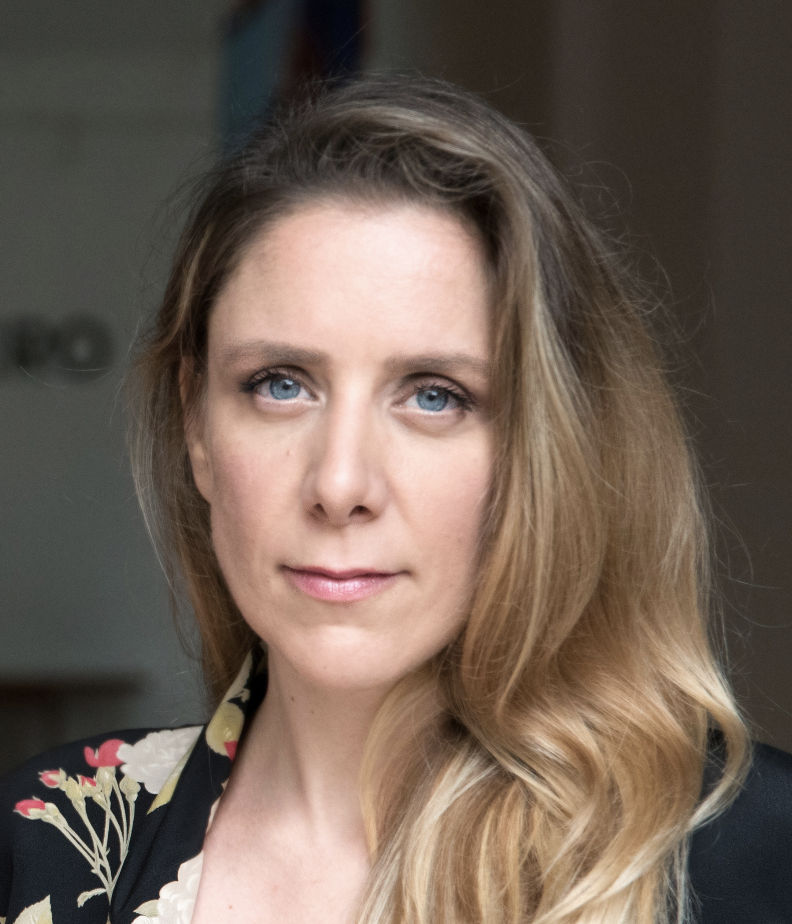
💬 And if you could chat with coworking members?
What are the biggest things that you haven't done in the past years that you want to start doing again now?
💬 Last but not least, what’s your biggest dream for Lottozero?
We definitely want to continue our efforts in expanding our presence in Europe and internationally, as well as collaborating on projects beyond our current scope. We're currently very busy with grant writing, which is both extremely stressful and satisfying. Our dream is to create a network of textile and fashion hubs, as well as collaborative spaces that work together. We're preparing grant proposals to secure funding and start collaborating on a European level. Our next step is to network with other spaces like ours all over Europe and possibly around the world later.
We're focused specifically on textiles and fashion because we believe that having a theme makes collaboration easier and more effective. Of course, we don't exclude working with other spaces that have different themes or no themes at all. The textile and fashion sectors are huge in Europe and are responsible for significant ecological harm. We're working with creators who are alternatives to the mainstream fashion sector, which is causing this damage.
We're at the forefront of rethinking the whole fashion and textile economic system, which may sound crazy, but we're committed to it. We're responsible for helping to reshape the system and evaluate its values. We know that production can be based in Europe and close to home without creating extreme margins. This is a significant shift in the economy that we're contributing to.
Are you in Vienna or know friends who are? Join us in celebrating coworking on March 20th!
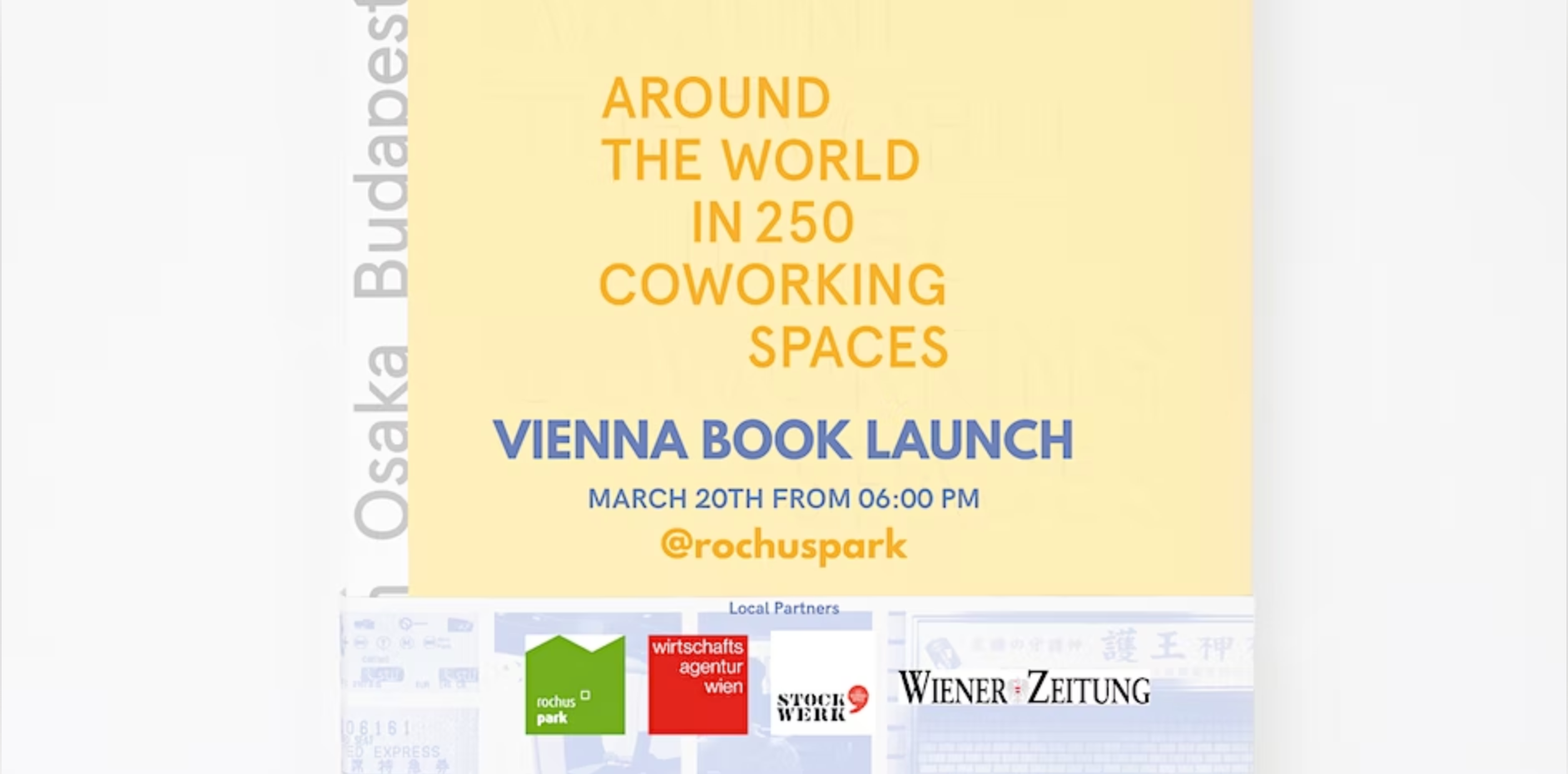
To check out the full evening program and book your ticket, click here.
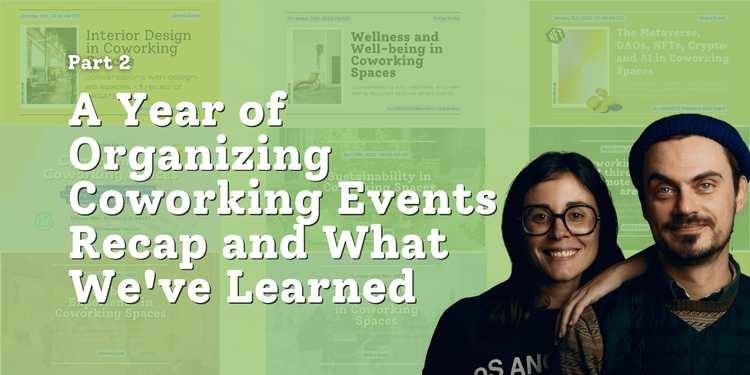




Member discussion